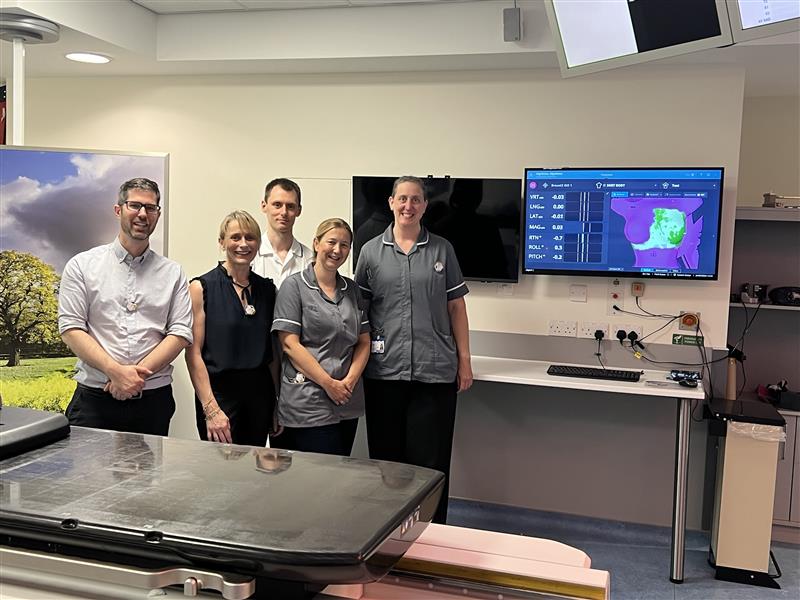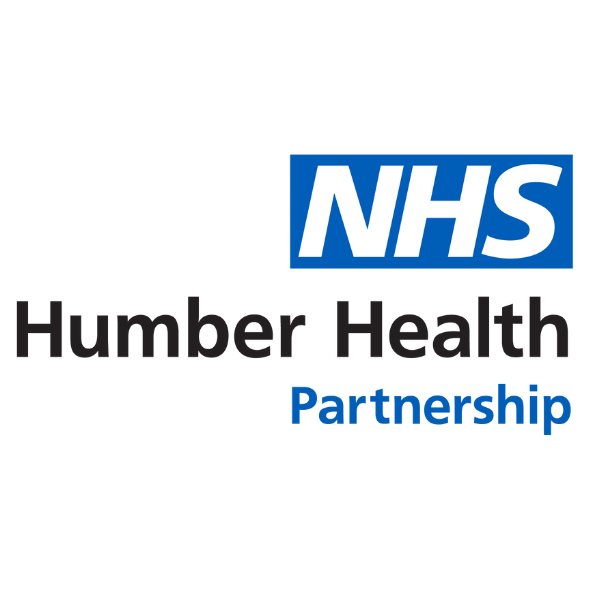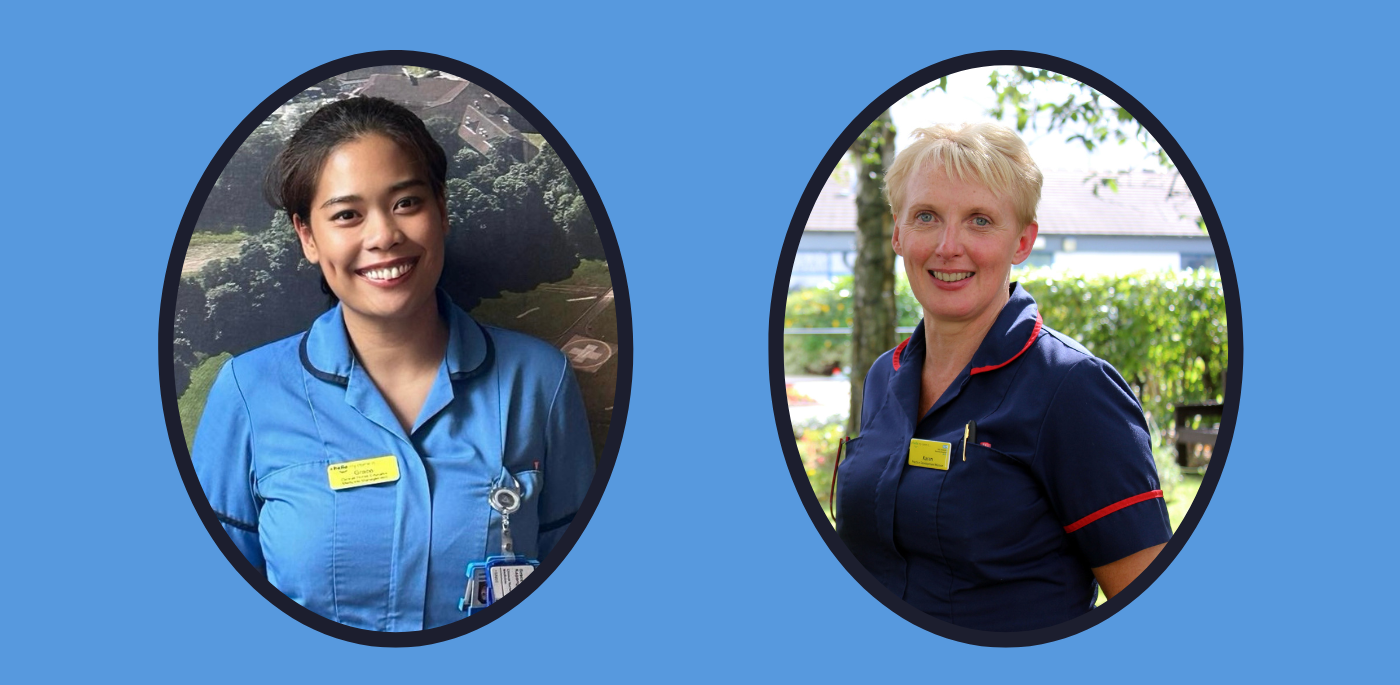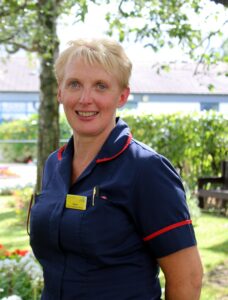Community cohesion officers from Humberside Police have been supporting staff from the region’s hospitals in the wake of last month’s race riots.
In the four weeks since the civil unrest which saw violence, disorder and looting on Hull’s streets, a number of overseas workers and those who identify as Black, Asian or Minority Ethnic (BAME) staff have reported increasing levels of anxiety, fear and nervousness in our community.
With BAME staff accounting for one in every five hospital employees across East Yorkshire and Northern Lincolnshire – a figure that has doubled in the past ten years and now sits at almost 3,300 people – it is vital for their wellbeing, and for the local health service, that they are made to feel safe, respected and welcome, as Simon Nearney, Group Chief People Officer for NHS Humber Health Partnership explains:
“Last month’s violence in Hull was absolutely shocking, and while I don’t believe it was a true reflection of the welcoming, vibrant city that we live and work in, it naturally caused a lot of fear and anxiety for our BAME staff.

Group Chief People Officer, Simon Nearney
“Twenty per cent of our workforce is internationally educated or comes from a Black, Asian or other Minority Ethnic background, so as you might expect, a number of health workers were on shift at the time of the disorder and were faced with treating casualties coming through our hospital doors that same day.
“They cared for those people with the utmost professionalism, but many were naturally concerned for their own safety, and that is absolutely not a position our staff should expect to find themselves in.
“The fact of the matter is that the majority of our hospital services simply couldn’t function effectively without members of the BAME community. They are essential to our health, our well-being, to our ability to care for one another and to creating a rich and diverse society.
“Well over two thirds of all our medical and dental staff, which includes many of our most specialist doctors and consultants, identify as BAME, and literally hundreds of overseas nurses have sacrificed their family lives to travel thousands of miles to East Yorkshire and Northern Lincolnshire and care for people in our hospitals.
“What this group of people bring to our hospitals and to our society cannot be underestimated and must always be respected and appreciated. Some of our communities’ most critical services including intensive care, emergency care and paediatrics would be lost without them.”
In the wake of the August unrest, NHS Humber Health Partnership, the Group which runs Hull Royal Infirmary, Castle Hill Hospital, Goole & District Hospital, Scunthorpe General Hospital and Diana, Princess of Wales Hospital in Grimsby – called on colleagues at Humberside Police to help reassure its staff.
Community cohesion workers have now delivered a number of face-to-face awareness sessions in Hull, Cottingham, Grimsby and Scunthorpe for hospital workers covering advice on personal safety and help to understand the implications of relevant legislation such as laws around hate crime.
The hospitals’ own BAME Staff Network continues to work closely with Humberside Police, and both the network and the practice development team, which offers pastoral care for the many overseas nursing staff who have come to live and work in our area, continue to speak with staff and offer support.


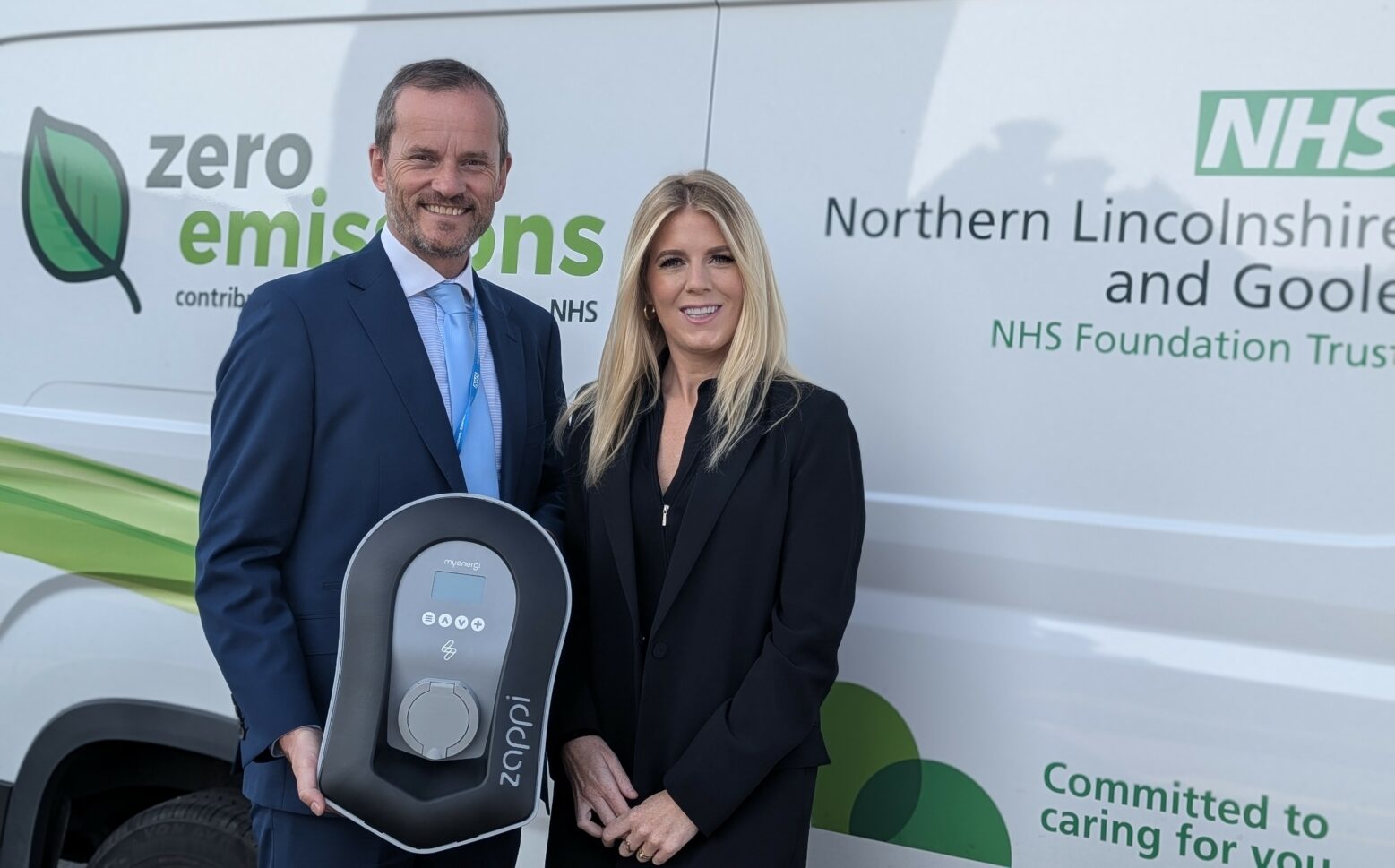
 Pictured: Simon Nearney, Group Chief People Officer at NHS Humber Health Partnership and Jordan Brompton, co-founder and CMO of myenergi
Pictured: Simon Nearney, Group Chief People Officer at NHS Humber Health Partnership and Jordan Brompton, co-founder and CMO of myenergi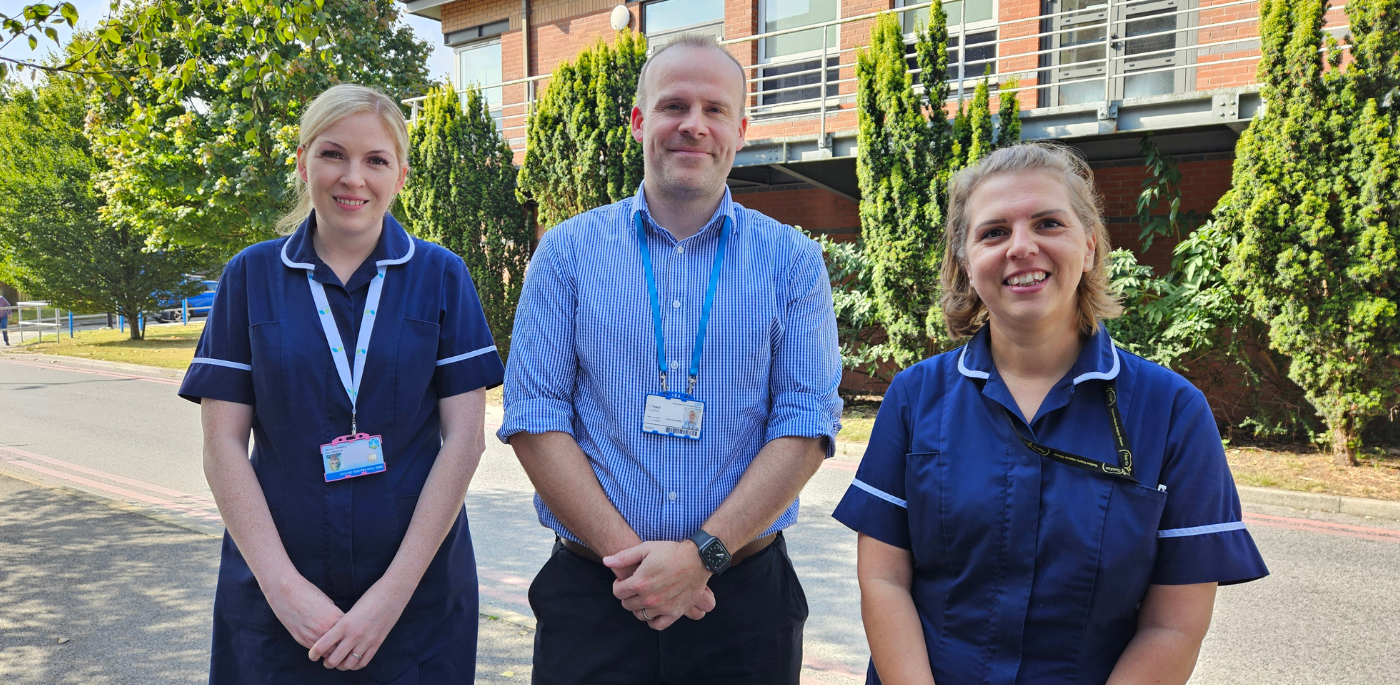
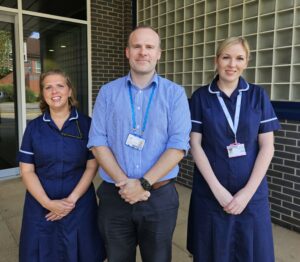
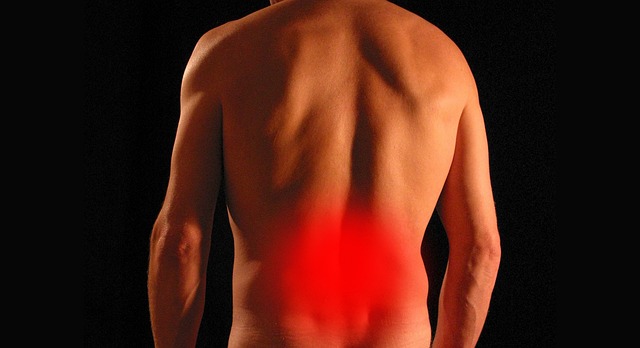

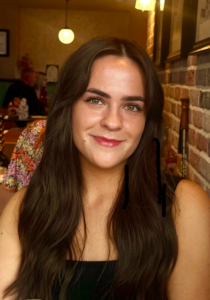


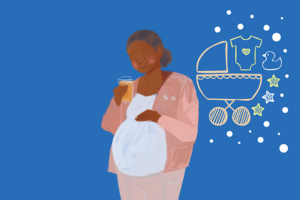 Joanna Melia, Public Health Specialist Midwife at Humber Health Partnership, said: “Eating and drinking healthily during pregnancy means you’re giving your baby a great start to life while looking after your own health.
Joanna Melia, Public Health Specialist Midwife at Humber Health Partnership, said: “Eating and drinking healthily during pregnancy means you’re giving your baby a great start to life while looking after your own health. Your money will stop after your child’s fourth birthday, or if you no longer receive benefits
Your money will stop after your child’s fourth birthday, or if you no longer receive benefits